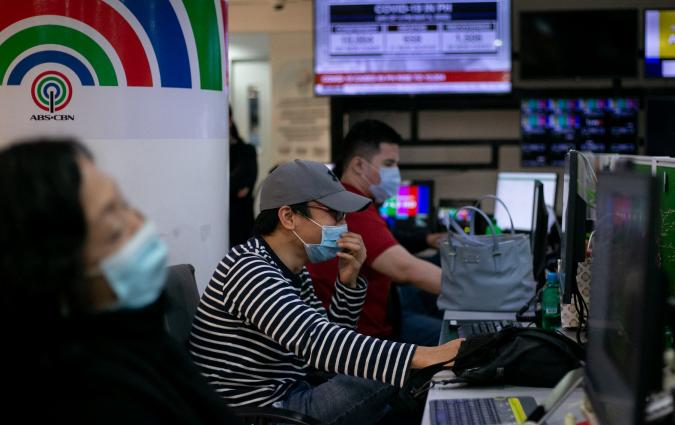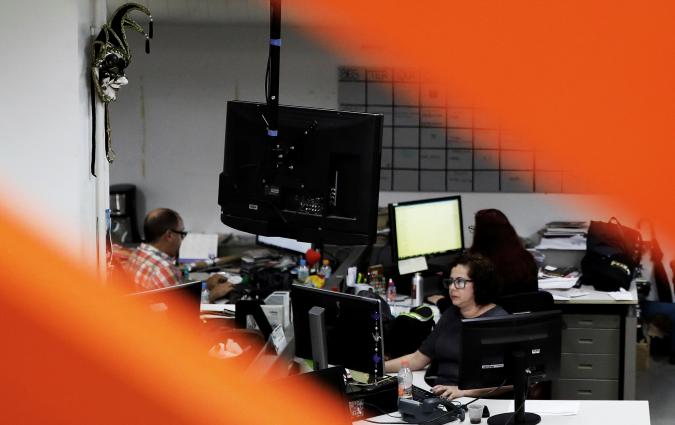Media diversification in contemporary China

Reuters Institute Fellow's Paper
Chen Chenchen, the opinion editor and director of the Op-Ed Department of the Global Times, Beijing, has written a thought-provoking study on the appropriateness of left-wing and right-wing labels to characterise the Chinese media.
In her study, ‘Media diversification in contemporary China: Does the left-right categorisation apply?’, Chenchen focuses on the coverage of several recent issues in major Chinese print media. Here’s what she found: “Through comparative analysis, case studies and in-depth interviews, the paper’s basic conclusion is that the left-right categorisation is not appropriate and does not fit China’s current media environment. Beyond this, differences in marketised media outlets’ editorial stances and approaches to controversial news events still deliver very interesting messages about the fragmentation of social interests and the division of public opinion. Some significant differences in editorial stances and approaches stem from contingent market strategies that prove effective in long-term exploration. In China at present, media debates largely focus on the specific and technical level of gradual reform, rather than confronting each other with totally different social visions.
But specific disagreements can still be very loud, sharp, and fierce. These debates touch upon raw nerves of China’s modernisation, and consensus is lacking as to how to prioritise all these problems and what approaches should be adopted. Such debates will not go away in China’s massive transformation. The Chinese media, with its traditional sense of responsibility and sense of crisis, will continue to discuss possible ways to find compromise between bitter social realities and better social scenarios.”
As with all Fellows’ research papers, any opinions expressed are those of the author and not of the Institute.
Image: Eye Full






